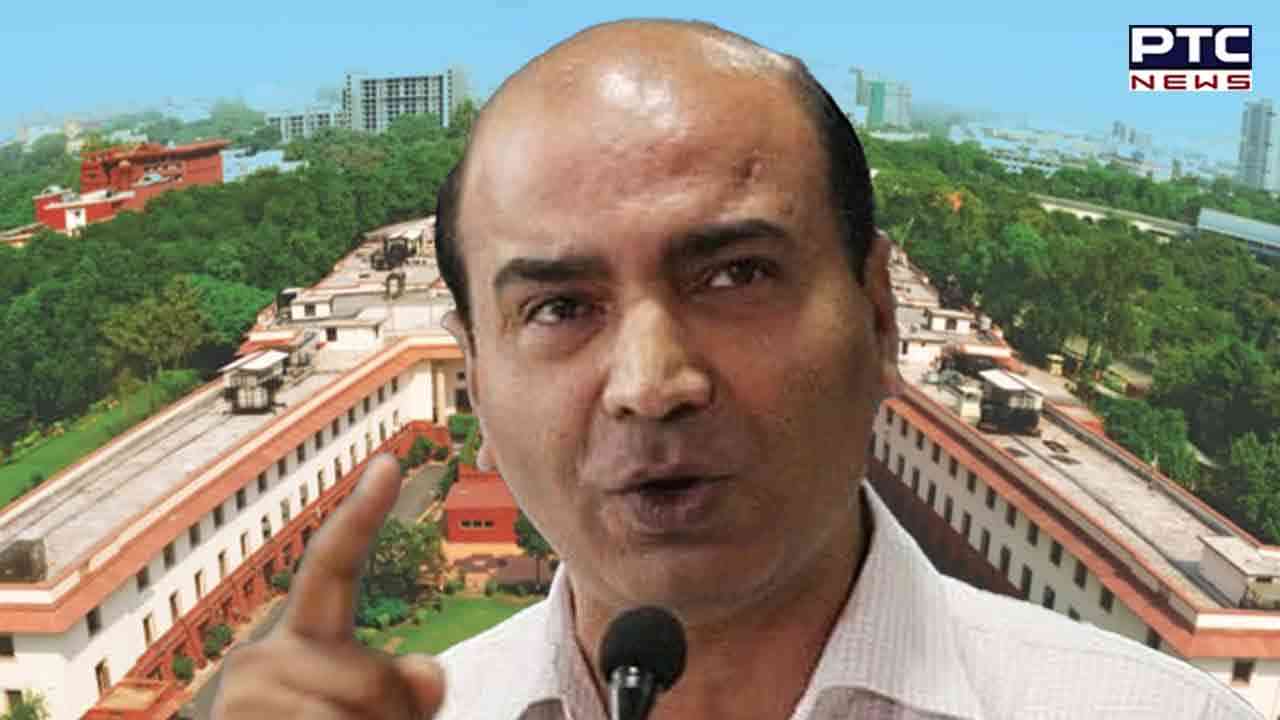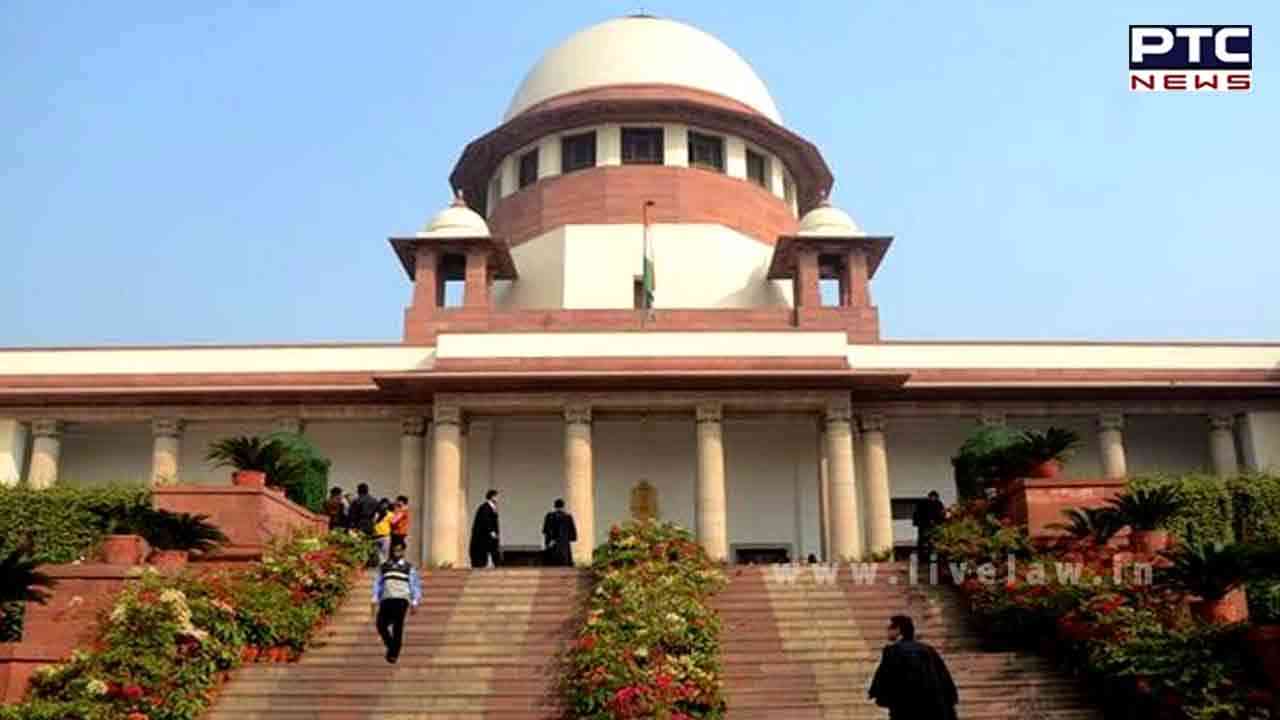SC declines plea on candidates contesting from more than one seat
Declining to quash the law that allows candidates to contest election from more than one constituency in an election. The Apex court disposed off the PIL.

New Delhi,
February 2: On Thursday, the Supreme
Court refused to set aside the provision in the election law, which allows
candidates to contest polls from simultaneously two constituencies, saying it
is a matter of “legislative policy”.
This is declining to quash the law that allows candidates to contest election from more than one constituency in an election. The Apex court disposed off the PIL. According to reports by the agency, SC says permitting a candidate to contest for more than one seat is a matter of legislative policy.

Also Read: Journalist Siddique Kappan walks out of Lucknow jail on bail
The bench is headed by
the Chief Justice DY Chandrachud said that the candidates may contest election
from different seat. The bench is comprising of justices PS Narasimha and JB
Pardiwala, he is dealing with a petition which is filed by advocate Ashwini
Kumar Upadhyay. Upadhyay had sought to declare section 33(7) of the
Representation of the People Act, 1951, which allows a person to contest a
general election or a group of by-polls or biennial elections from two
constituencies.
"Candidates contesting from more than one
seat may do it for a variety of reasons," the bench said.
"Permitting a candidate to contest from more
than one seat...is a matter of legislative policy since it is ultimately the
Parliament's will as to whether the political democracy in the country is
furthered by granting such a choice," it said.
Recently, the top court
observed that in the absence of any manifest arbitrariness under the section
33(7) of the 1951 Act, it is not possible for it to strike the provision down.
Senior advocate Gopal Sankaranarayanan, during the
argument, appeared in the court on behalf of Upadhyay. He further said that if
a candidate contests an election from two seats and gets elected from both, the
candidate has to vacate one seat, which will lead to a bypoll that will be an
additional financial burden on the exchequer.
He further said that prior to a 1996 amendment,
there was no bar on the number of seats a candidate could contest in an
election. The amendment restricted that number to two. The bench observed that it is for Parliament to decide
whether a candidate can contest an election from more than one seat.
"When you contest from two seats, you do not
know from where you will get elected. What is wrong about it? This is part of
electoral democracy," the court said during the hearing.
